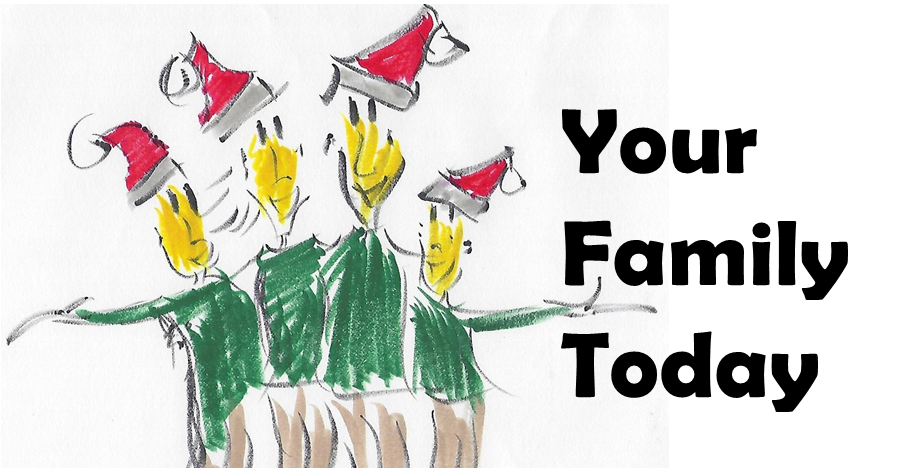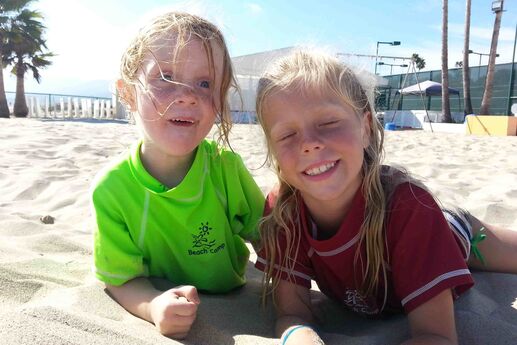Raise a Good Sport
Raising a Good Sport
By Jacqueline Mroz
Like most young children, Qi Jiang’s four-year-old son loves to win when he plays games. But, also like most kids, he really hates it when someone else does.
“It’s always hard for him to lose,” says Jiang, of Bolton, Mass., who also has a 9-month-old son. “When he starts losing, he gets frustrated and just stops playing. I try to explain to him that it’s in the nature of playing games that we all lose sometimes, and that we all try our best to win. But he doesn’t like being in a situation where he can lose.”
It is hard for a small child to accept defeat graciously. Since toddlers and preschoolers don’t have the verbal skills or emotional maturity to express their frustration at losing, they tend to have more tantrums when they don’t win. Still, it’s important for kids to begin to understand at an early age that sometimes we win, and sometimes we lose.
“Part of our role as parents is to teach kids how to handle disappointment,” says Dr. Gerard Costa, a developmental psychologist and the director of the YCS (Youth Consultation Service) Institute for Infant and Pre-school Mental Health in New Jersey. “It’s really important for us to allow children to lose and be disappointed at times. That’s how they become resilient.”
If your child is frustrated at losing a board game, for instance, try to be reassuring, but don’t act overly worried that he is upset. Say, “I know you’re sad that you lost, but everybody loses in a game sometimes. It’s not so bad. Let’s try it again.”
You should also tell your child that he’ll be okay if he doesn’t win, according to Dr. Costa, who is also a clinical assistant professor in the Department of Psychiatry at the University of Medicine and Dentistry of New Jersey. Say, “It’s okay to be upset. But you’ll be fine.” Kids have a tough time understanding failure at this age. They may be angry or sad about losing, and for them, it’s the end of the world. Here are some other ways to teach your child to be a gracious loser:
- Model good behavior When you lose, say, “Oh, I really wanted to win. But that’s okay. Let’s try again.” When parents take losing in stride, children start to mirror those actions. Likewise, when a parent gets angry when he loses, children will begin to mimic that behavior as well. Just as important, if you and your child are playing a game and he loses, don’t gloat or make victory seem wonderful.
- Keep it easy Don’t play games that are too hard for your child. Many kids become understandably frustrated and discouraged when they keep losing a game. If that happens, to switch to one that’s better suited to your child’s developmental level.
- Follow the rules Sometimes young children will change the rules of a game if they find themselves losing. Say, “That’s not a fair way to play. If you can’t follow the rules, maybe we shouldn’t play.” That’s an early and important lesson in how to become a good sport.
- Keep your cool When your child overreacts when she loses, try to stay as calm as possible so she can mirror your mood. Don’t escalate the situation by yelling; tell her that you know she is unhappy and disappointed, and help her to calm down. Eventually, she will discover that she has the skills to handle losing … without losing it!




